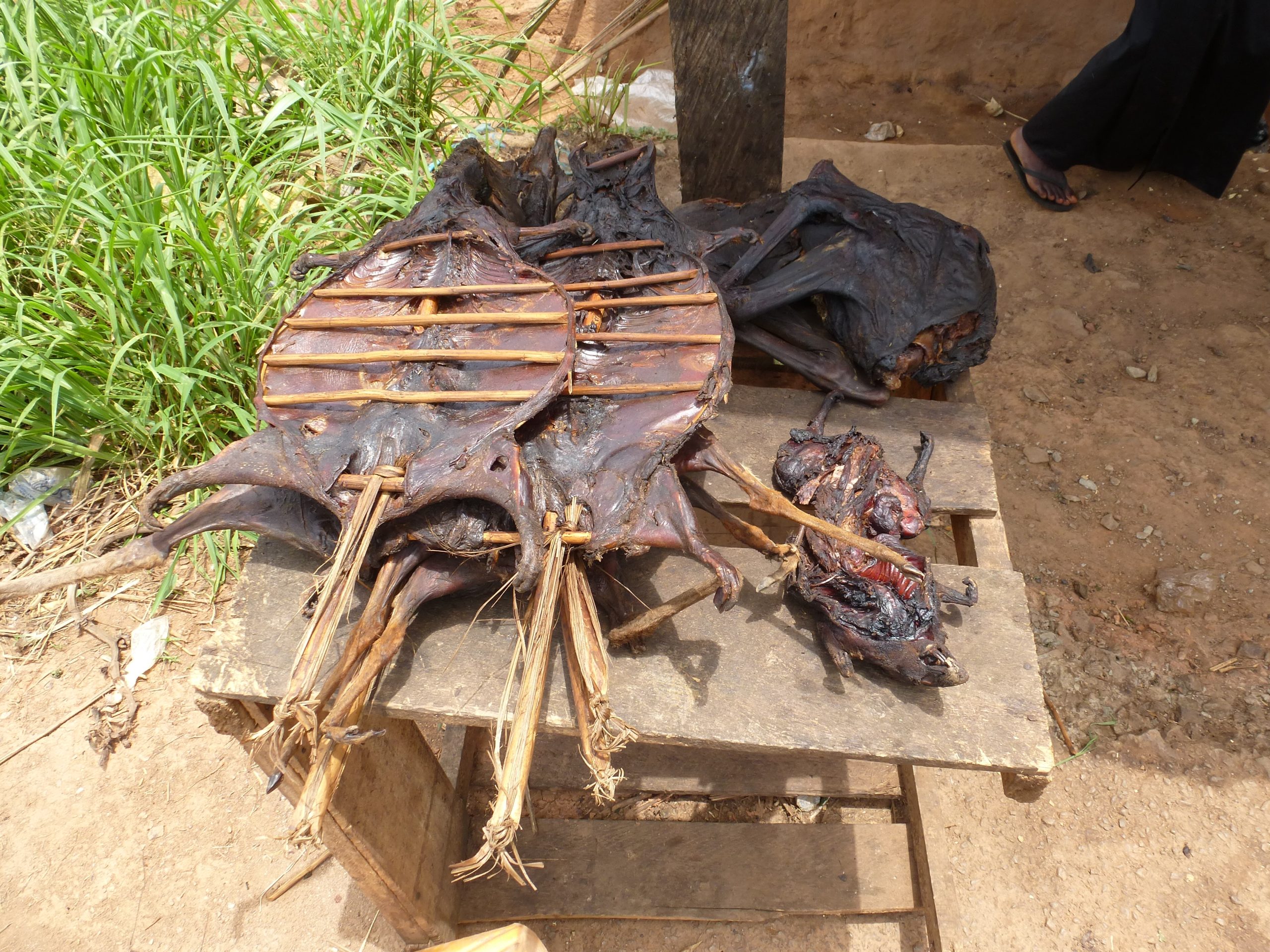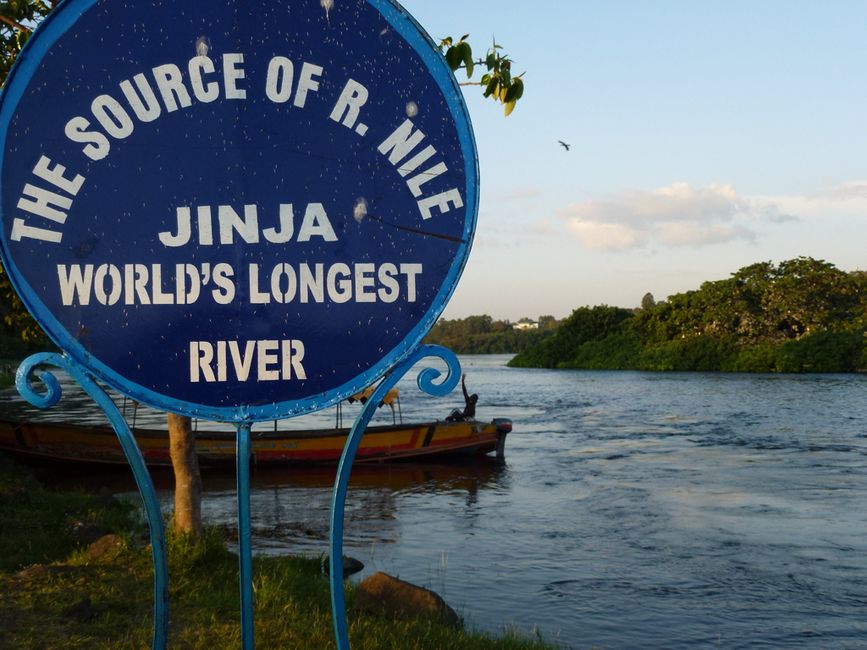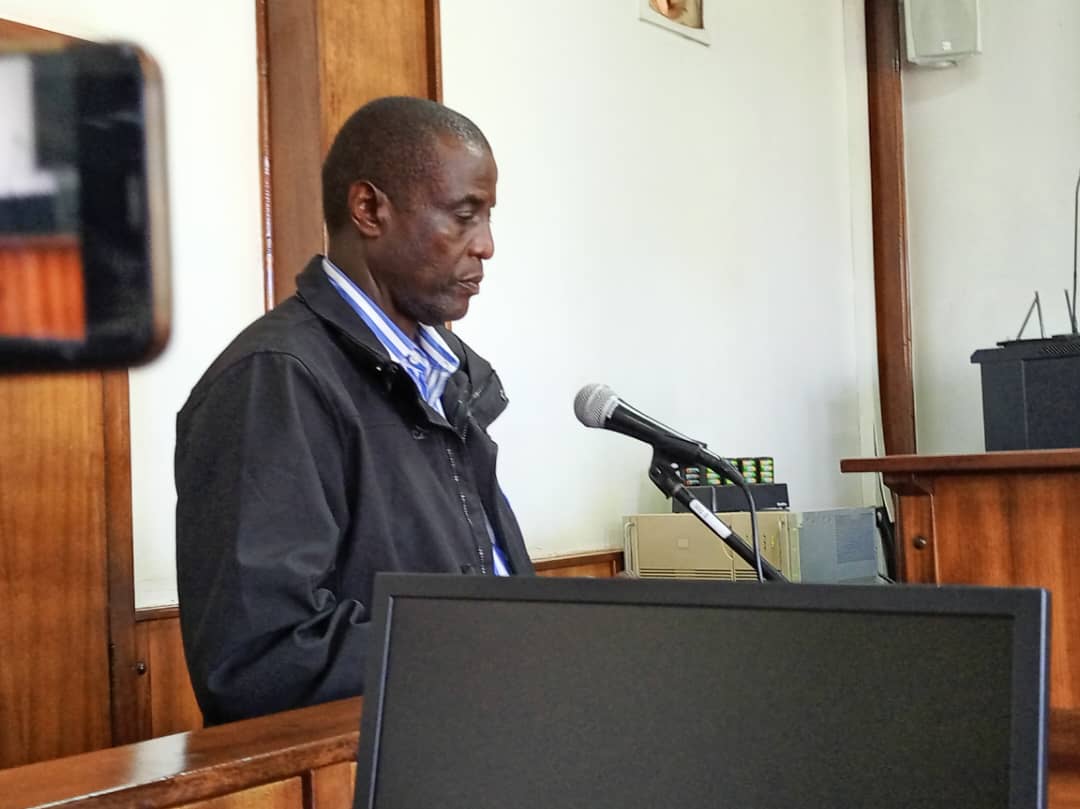In some parts of West Nile, a portion of bush meat, typically sun-dried or smoked, is priced between Shs15,000 and Shs45,000.
Daudi Ocama, 68, recalls his youth in Pakwach, where bush meat was a revered diet for elders, leading to hunting expeditions for warthog, kobs, and other wild game.
Ocama still values the taste and nutrition of game meat, considering it healthier than cow or goat meat, despite its illegality to poach.
However, restrictions by wildlife authorities have made game meat scarce and expensive, yet its allure persists.
In Madi-Okollo, Mr. Saverino Candia finds hunting expeditions difficult due to dwindling animal populations, with only squirrels remaining plentiful.
Poaching peaks in the dry season, threatening wildlife conservation efforts and displacing many species due to human settlements.
Bush meat serves as a primary food and income source for households in areas near hunting sites, such as Murchison Falls National Park.
In Mountain Wati, Terego District, edible rats remain a cherished delicacy, raising concerns about species preservation.
Despite efforts by Uganda Wildlife Authority (UWA) to curb poaching, offenders persist, impacting tourism and revenue.
The Uganda Wildlife Act 2019 stipulates fines and imprisonment for poaching offenses, yet cases continue to rise.
Data from UWA indicates a surge in poaching cases, undermining conservation efforts and tourism revenue.
Background: Efforts to combat wildlife crime, like the National Wildlife Crime Coordination Task Force (NWCCTF), face challenges of bribery and corruption, allowing wildlife criminals to evade prosecution.




















